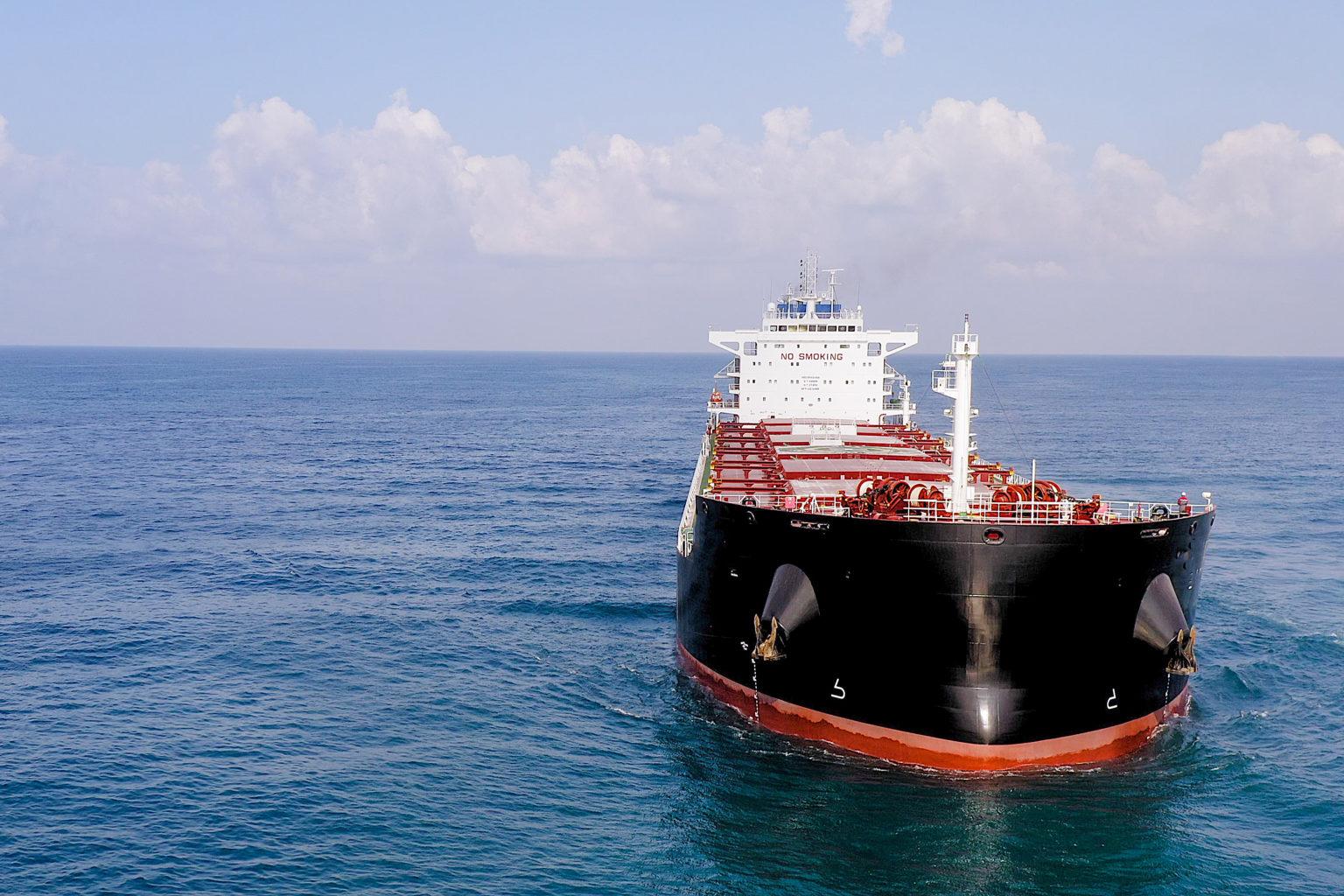
International shipping has proven resilient through the pandemic but challenges remain with new waves of COVID and obtaining vaccinations for seafarers.
It has been more than a year since the World Health Organization (WHO) declared COVID-19 a global pandemic. Most countries have endured multiple national lockdowns, while international travel restrictions continue to change on a weekly basis.
This has created an unparalleled crew change crisis for the shipping industry. At its peak 400,000 seafarers were left working on board vessels over their contracts with no way to get home, with a similar figure unable to join ships. Latest analysis suggests that two hundred thousand seafarers continue to be affected, but this could rise if new variants force further border closures.
Shipping has responded with hitherto unforeseen level of collaboration to keep ships moving, and to lobby governments to recognise seafarers as keyworkers to ensure crew changes can occur. These efforts continue while new travel bans arise and vaccine passports loom.
Despite massive pressures crew have kept global supply chains moving; essential PPE, medical supplies, and food to keep the supermarkets stocked has been delivered while countries came to an effective standstill.
The International Chamber of Shipping (ICS) and the International Transport Workers’ Federation (ITF) wrote to UN agencies alerting them to the crew change crisis on 19 March and ICS and IAPH also highlighted the issue to G20 on 24 March.
Stephen Cotton, General Secretary of the ITF, said that the pandemic highlighted the global nature of the shipping industry and the dependence of labour from the developing world, which came under massive pressure.
“The pandemic also revealed the resilience and pragmatism of the industry despite the collapse of world order,” he said. “However, the victims are the seafarer who have not been able to get off the ship, sometimes for more than 12 months. Many have not received medical attention and many more have had no shore leave. It truly is a humanitarian disaster.”
Unprecedent collaboration inside and outside the shipping industry has helped to produce guidance for shipping and governments. On 6 May the International Maritime Organization issued a 12-step plan to 174 member states, providing them with a roadmap to free seafarers from their COVID-19 lockdown and allow appropriate exemptions for them to join or leave ships. The latest version can be found here. The latest health guidance can be found here.
Natalie Shaw, Director of Employment Affairs, ICS, said, “What we’ve managed to do is keep ships going. All this success has often been achieved through quiet negotiation. Despite every obstacle that has been thrown at us shipping, and importantly, seafarers, have continued. This has been at great cost for crew.”
To raise public awareness of seafarers’ crew change plight, ICS orchestrated a Heroes at Sea shoutout on 1 May when ships across the world sounded their horns to mark International Workers Day/Labour Day.
Due to a lack of visibility at the governmental level, shipping has had to create new avenues into governments to lobby for seafarer keyworkers status and the resolution of the crew change crisis.
Guy Platten said: “A landmark moment was the UK hosting a virtual summit on 9 July on COVID-19 and crew change that saw the attendance of 15 countries.”
Of those attending, 13 countries pledged to facilitate crew changes. The submission of Article XXII sent to the International Labour Organisation (ILO) Committee of Experts on Conventions prompted another landmark moment: a ruling from the International Labour Organisation (ILO) in December 2020 which found that governments have breached seafarers’ rights and failed to comply with several provisions of the Maritime Labour Convention during the COVID-19 pandemic. The UN agency called on states to recognise seafarers as key workers “without delay”.
To date, 55 countries and two associate members have designated seafarers as keyworkers. Even the UN Secretary General António Guterre and His Holiness the Pope responded to the call.
“The crew change crisis is not resolved but has reached a situation where it has been more manageable. The crisis is still ongoing so we will not let up our efforts,” Guy Platten stressed.
Stephen Cotton added: “Governments have an inability to recognise the importance of shipping on every level, from providing groceries, PPE, and soon the vaccine. Even when they want to help the machinery isn’t there. Now we have 57 countries that recognise seafarers as keyworkers. Why so few?”
Guy Platten noted industry concerns that crew changes are becoming more difficult as countries ramp up travel restrictions against the spread of new variants.
Vaccine passports also pose a potential barrier to crew change as seafarers from developing nations are unlikely to have an opportunity to receive vaccines until July at the earliest. Most countries with access to vaccines continue to prioritise frontline health workers and age groups most at risk of the virus.
While Singapore has become one of the first countries to prioritise maritime workers for the jab, starting with port workers, although many major seafarer supply countries’ access to vaccines is limited and will depend upon support from the COVAX programme.
To ensure that seafarers are well informed of the vaccine options that are available to them, and to counteract misinformation and rumours about vaccines, the ITF, International Maritime Health Association (IMHA) ICS and Intertanko are launching a practical guide, Vaccination for Seafarers and Shipping, on 24 March.